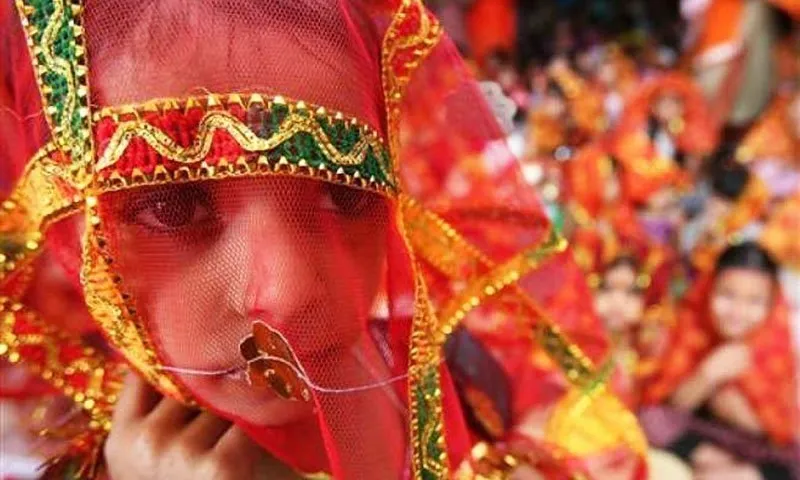Islamabad High Court allows 15-year-old girl to stay with husband.
The Islamabad High Court (IHC) has allowed a 15-year-old girl to live with her husband, despite highlighting that marriage under the age of 18 is a crime under the Islamabad Child Marriage Restraint Act.
The court also issued a series of recommendations for harmonizing Sharia principles with Pakistan’s legal framework on marriage, juvenile protection, and criminal law.
Court decision on minor bride
The case involved Madiha Bibi, who had expressed her desire not to return to her parents’ home and instead live with her husband. Even during her stay at a crisis centre, the girl consistently maintained that she wished to be with her husband of her own free will.
Also read: IHC allows NAB to auction Bahria Town properties
According to the court’s findings, her marriage certificate (nikahnama) listed her age as approximately 18 years. However, NADRA records confirmed she was only 15 years old.
Shariah versus legal provisions
In its written decision, the IHC observed that under Sharia law, marriage is considered valid once an individual has reached puberty and given consent.
However, the court stressed that marriage below the age of 18 is a punishable offense under the Islamabad Child Marriage Restraint Act 2025.
The judgement also referenced the Child Marriage Restraint Act 1929 and the Muslim Family Laws Ordinance 1961, underscoring the need for consistency across different legal instruments.
Major recommendations by court
The IHC issued several recommendations aimed at addressing gaps in Pakistan’s legal system regarding underage marriages:
- Harmonization of laws: The court called for aligning marriage laws with juvenile and criminal justice frameworks.
- Marriage registrars: A directive was made that nikahkhwans should be prohibited from solemnising marriages of individuals below 18.
- NADRA verification: The court stressed that the NADRA system must be improved so marriage certificates are not issued without proper age verification.
- Awareness campaigns: It recommended public awareness drives to highlight the disadvantages and legal consequences of underage marriages.
Also read: President Zardari signs bill prohibiting child marriage into law
Copies of judgement sent to ministries
To ensure compliance, the IHC directed that copies of the decision be sent to:
- The Law and Justice Commission of Pakistan
- The Ministry of Law
- The Ministry of Human Rights
- The Ministry of Interior
- The Islamabad chief commissioner
- The NADRA director general
- The Council of Islamic Ideology secretary
- All relevant family court judges
In conclusion, the IHC emphasized the need for a legal framework that both respects religious principles and protects children’s rights.
The court made it clear that while Sharia recognizes marriage after puberty, the state has a responsibility to prevent child marriages through enforceable legislation and institutional safeguards.
